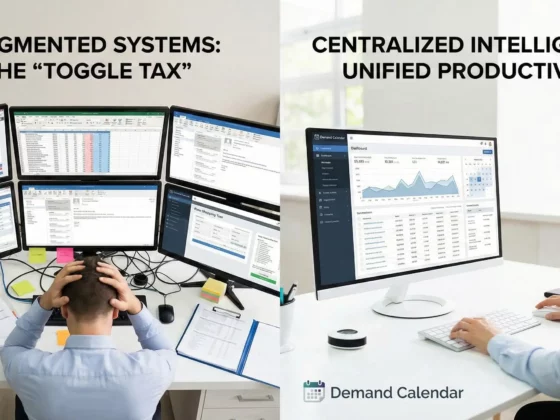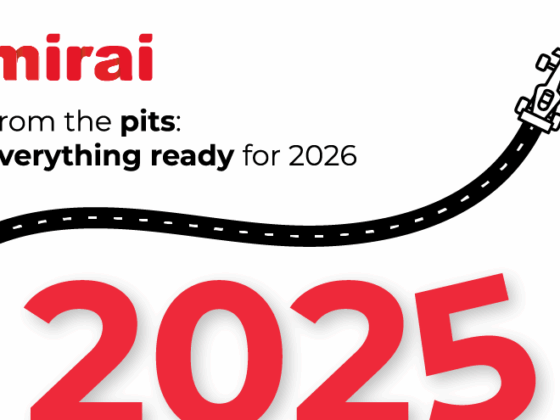
For decades, hotels have set the standard for personalization in hospitality — welcoming guests by name at the front desk, remembering their favorite pillow type, offering discounts on special occasions, and rewarding repeat stays through robust loyalty programs. This simple yet effective method relies on collecting data over time — knowing guests’ past visits and using that history to predict what they might enjoy on their next stay. In other words, to ‘know’ a guest has always meant accumulating layers of information about them to use during their next visit.
Short-term rentals (STRs), by contrast, have traditionally faced a challenge in this area. Without decades of loyalty data or the certainty of repeat visitors, STR hosts have had to address a fundamental question: how do you make a guest feel truly ‘known’ when you’ve never hosted them before? One traveler might choose a rustic lakeside cabin for a weekend escape and then opt for a sleek downtown loft on their next trip — two entirely different experiences managed by hosts who may never cross paths. This lack of continuity and historical insight has traditionally made it difficult for STRs to replicate the kind of intimate recognition that hotel chains have come to master.
Yet, STRs today are managing to create a sense of intimacy and recognition with their guests that rivals – even transcends – that of traditional hotels. How? By redefining what it means to know a guest and taking a proactive, real-time approach to personalization.
Of course, remembering details like your preferred coffee is incredibly valuable when that information is available, but the real innovation lies in making guests feel catered to in the here and now. And STR hosts are proving that this level of service no longer hinges solely on data accumulated from previous stays. Instead, it relies on immediacy of local insight to deliver recommendations that are fresh, relevant, and highly contextual – something they are in a unique position to deliver.
Rather than waiting for repeat stays to build a profile, STR hosts are leveraging minimal booking information — whether a guest is traveling solo, as a couple, or with family; whether the stay falls on a weekend or a weekday; or what season the visit occurs — and combining it with their deep local knowledge to personalize the experience from the start. They’re also tapping into past guest reviews on booking platforms, even if the guest has never stayed at their property before. If a review mentions that Greg enjoyed outdoor space for his dog, AI will surface that insight to the host, allowing them to tailor the stay accordingly.
This level of personalization extends beyond accommodations. A guest staying in an urban loft, for example, might receive a message that an exclusive architectural walking tour is taking place in a historic district on the day of their arrival. The AI-generated message highlights the tour’s start time, explains the significance of the local architecture, and underscores why it’s a must-see event for design enthusiasts.
At a coastal cottage, a guest might get a text alert when the local surf report shows that conditions are ideal. The notification not only provides the current surf times but also presents an upsell opportunity: with a small fee, the guest can unlock surfboards stored on the property using a smart code, making the most of perfect wave conditions. Similarly, a guest staying at a mountain cabin might see an alert on their device when local weather updates indicate an unusually clear morning. The message suggests a guided sunrise photography session led by a local expert, detailing the session’s start time, available on-site equipment, and a simple sign-up process.
All of these experiences feel personal and tailored to the moment — even though the host knows nothing about the guest’s previous preferences. By delivering contextually relevant suggestions that resonate with a guest’s current environment, an immediate emotional connection is formed.
This real-time personalization is now forming the cornerstone of a new ecosystem-based approach that STRs are embracing — a fundamental departure from the traditional, memory-based personalization used by hotels. Rather than simply replicating a set of predetermined procedures, STR hosts are building dynamic networks that connect each property to the vibrant pulse of the local community, with a long tail of economic benefits for the local economy.
The beauty of this ecosystem-based approach is that it blends technology with human insight. STR hosts forge relationships with local businesses, cultural institutions, and community organizers, gathering fresh, authentic insights that feed into the AI systems. This integrated network of local data means that every recommendation feels like it’s coming from a trusted friend who knows the area well — even if, in reality, it’s generated by sophisticated algorithms working behind the scenes.
This evolution isn’t just a temporary fix — it’s a strategic shift that redefines how value is delivered in hospitality. STR operators are now measured by their ability to capture the pulse of a destination and convert it into actionable, revenue-driving insights. Moving away from legacy systems that solely rely on long-term guest data, they are creating a scalable framework that enhances both guest engagement and bottom-line performance. And that’s the future of personalization.
About the Author
Nikita Logachev is the Principal AI Engineer at Hospitable, where he leads the development of advanced AI systems powering intelligent guest communication and automation for thousands of short-term rental hosts worldwide. Bringing years of hands-on experience across startups and SaaS environments, Nik blends deep technical expertise with a practical, product-first mindset, shaping the AI layer of Hospitable’s platform – from natural language understanding to automation that eliminates repetitive host tasks.











